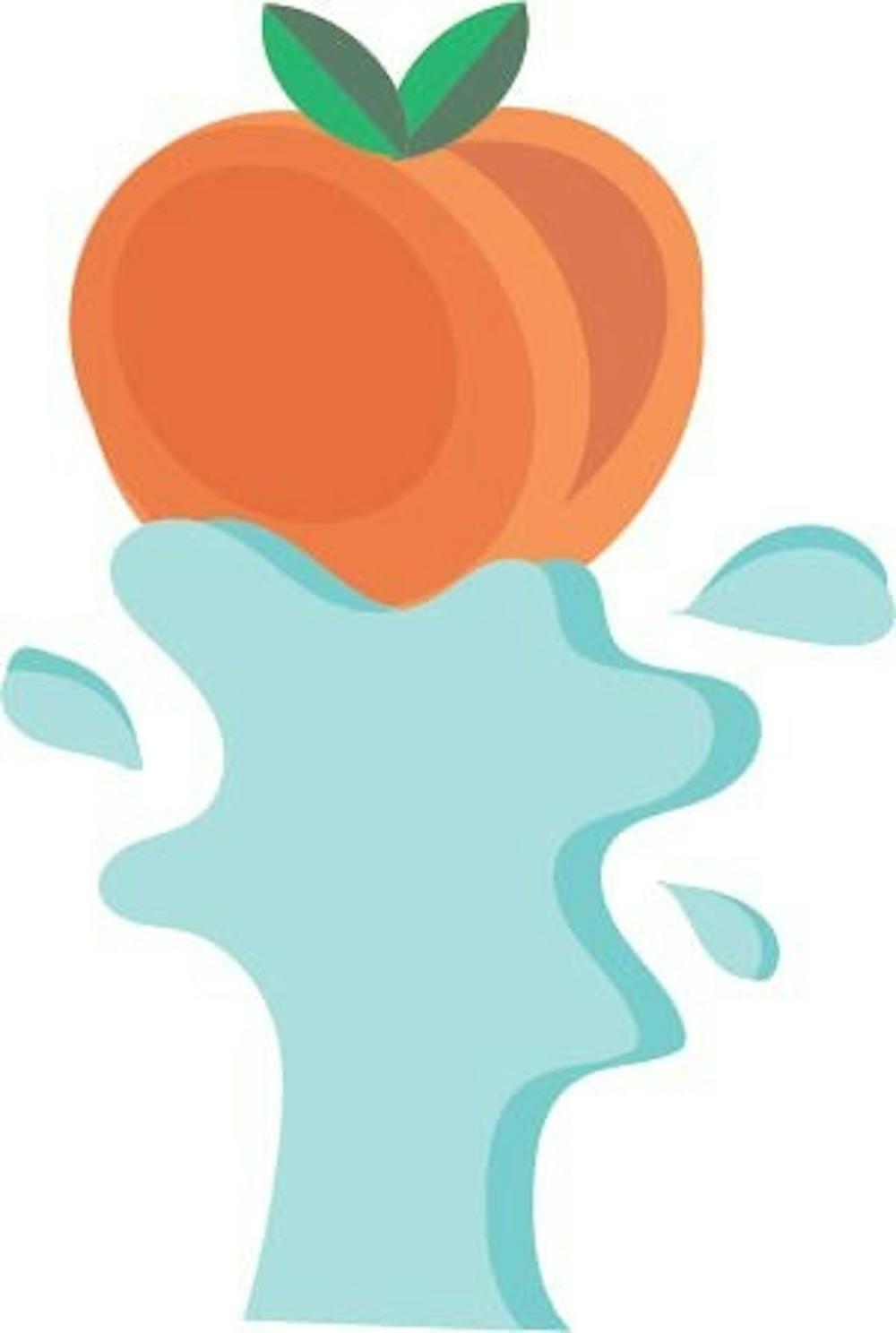
Shwetha Sundarrajan is a junior journalism major and writes “This is the Shwe” for The Daily News. Her views do not necessarily agree with those of the newspaper.
The Charmin Ultra Strong Bears are trending. Toilet-paper-obsessed Americans have been brawling it out for that incredibly soft, 2-ply toilet paper in Walmart aisles amid the COVID-19 pandemic. Toilet paper has become more of a valuable commodity than gold with people having meltdowns over the very prospect of not having a lifelong supply of toilet paper stocked up in their households.
As someone who has grown up without particularly needing toilet paper to function, let me propose an alternative to washing one’s backside: water.
What a concept — nature’s very own, fully-organic, non-GMO and gluten-free.
Humans have thrived for thousands of years by washing their “output orifices” — for the lack of a better term — with water and have been completely fine.
Many cultures still use water to cleanse themselves, and I can say from experience that one feels infinitely better if they use water, not toilet paper, post-defecation. For one, using water is far more hygienic. All toilet paper does, in essence, is smear the remnants of your digested lunch.
You may be thinking, “Why Shwetha, you sound quite ignorant. Toilet paper works just fine for me.” While it may, using toilet paper carries a higher risk of infections, especially “down there.” If you’re a woman, you’ve probably been told to wipe from the front to the back to reduce the risk of contracting a UTI. If you’re a woman and didn’t know that, then you should be using a bidet.
In addition, using toilet paper can actually lead to injuries. Yes, you read that correctly. The skin around your butthole is actually very sensitive, and repeated wiping can lead to tears and bleeding, also known as hemorrhoids.
Have I convinced you yet? No? Wait, what did you say? The people who use water to cleanse their backsides are from less-developed countries?
Well, for one, that’s quite ignorant. Many countries like Japan, Italy, Indonesia, India, Nepal and countless others use bidets or variations of the bidet. So, if nearly half the world utilizes water as a means for cleansing post-morning poop, then why hasn’t the United States jumped on the bandwagon? Here’s a brief history lesson: During WWII, American soldiers first saw bidets in French brothels and inferred that bidets were inherently used for sex work. America’s long-standing aversion to the bidet can be best summarized by Norman Haire, a birth-control pioneer: “The presence of a bidet is regarded as almost a symbol of sin.”
Despite the repeated efforts of many businessmen attempting to indoctrinate the bidet into the American people’s lives, other options to clean the rear took up the spotlight — such as toilet paper and its cousin, wet wipes. If you think toilet paper is economically better, think again. The typical person uses around $10 worth of toilet paper in a month. If we do a little bit of math, an average roll costs about $0.84 and contains 150 sheets, so you’re using 11 rolls per month. A pack of toilet paper can range anywhere from $10 to $30. Also, a quick Google search can show you that you can install a bidet in your own home for $30. A bidet will last you forever and cut down on your monthly grocery bill by at least $15.
If I still haven’t convinced you, then allow me to guilt trip you Greta Thunberg style. As a matter of fact, using a bidet is actually environmentally friendly, contrary to popular belief. A bidet actually uses significantly less water than the 437 billion gallons of water that’s needed to make toilet paper. You’re also saving 15 million trees if you stop using toilet paper. Imagine that — a cleaner environment and a cleaner butt.
So, screw the Charmin Ultra Strong Bears. Use a bidet, and save the world one bowel movement at a time.
Contact Shwetha Sundarrajan with comments at ssundarrajan@bsu.edu or on Twitter @fengshwe.





The Daily News welcomes thoughtful discussion on all of our stories, but please keep comments civil and on-topic. Read our full guidelines here.